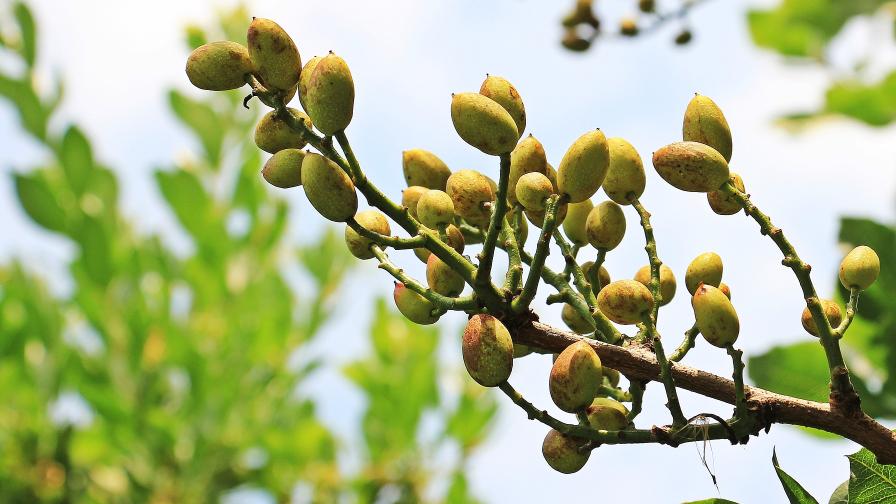Michigan Fruit Growers Optimistic For 2013
After a poor season for both apples and cherries in Michigan last year, growers are hoping for a better performance in 2013. As is well testified, last year saw an early burst of warm weather, bringing out advanced blossom, which was struck heavily by frost just as soon as the weather returned to normal.
“Last year was something really extraordinary,” said John King of King Orchards in Ellsworth, MI.
King grows both apples and cherries, with tart cherries taking up about 180 acres of the family’s farm. King said that in 2012, he lost 90% of the cherry crop and his apples and peaches were also hit hard. While the farm has some catastrophe insurance, it wasn’t enough to even cover the cost of his cherry labor, so there wasn’t much use in picking them.
Around 75% of the nation’s tart cherries come from Michigan. The Northwest corner of the Lower Peninsula can produce 275 million pounds of the fruit in a good year. Last year, according to the Michigan Cherry Committee, the official amount was just 11 million pounds.
Michigan also produces around 20% of the sweet cherry crop, which also took a drop last year.
Apples were also hit, with close to 90% of the crop being destroyed. State growers, however, remain optimistic that this year fortunes will change.
“This is shaping up to be a bit more normal as of right now,” said Heidi Drost, retail market manager for Friske Orchards in Ellsworth.
“The snowfall is a good thing for us,” she said. “The heavy blanket of snow is a benefit for the trees because it’s protective and it doesn’t hurt the trees in any way. They are sleeping and the snow works as insulation and moisture is great for the ground, so the more the better.”
Both apples and cherries could produce large crops this year, actually as a result of producing less last season.
“After bloom, apple trees begin initiating fruit and shoot buds for the following year’s crop. While fruit is growing on the tree, buds for the following crop are already growing. This year, with so many trees not producing fruit, the nutrients absorbed by the trees can be allocated to the developing buds — especially those that have the potential to produce fruit,” said Amy Irish-Brown, an Extension educator with Michigan State University. “Their emergence (this year) will hopefully provide growers with a sizeable crop.”









